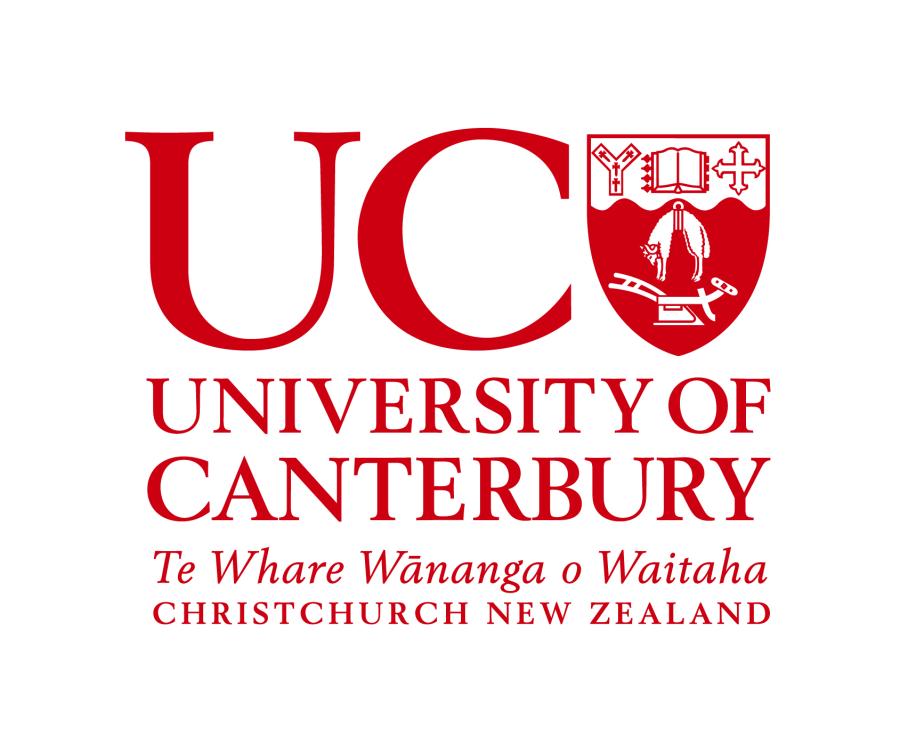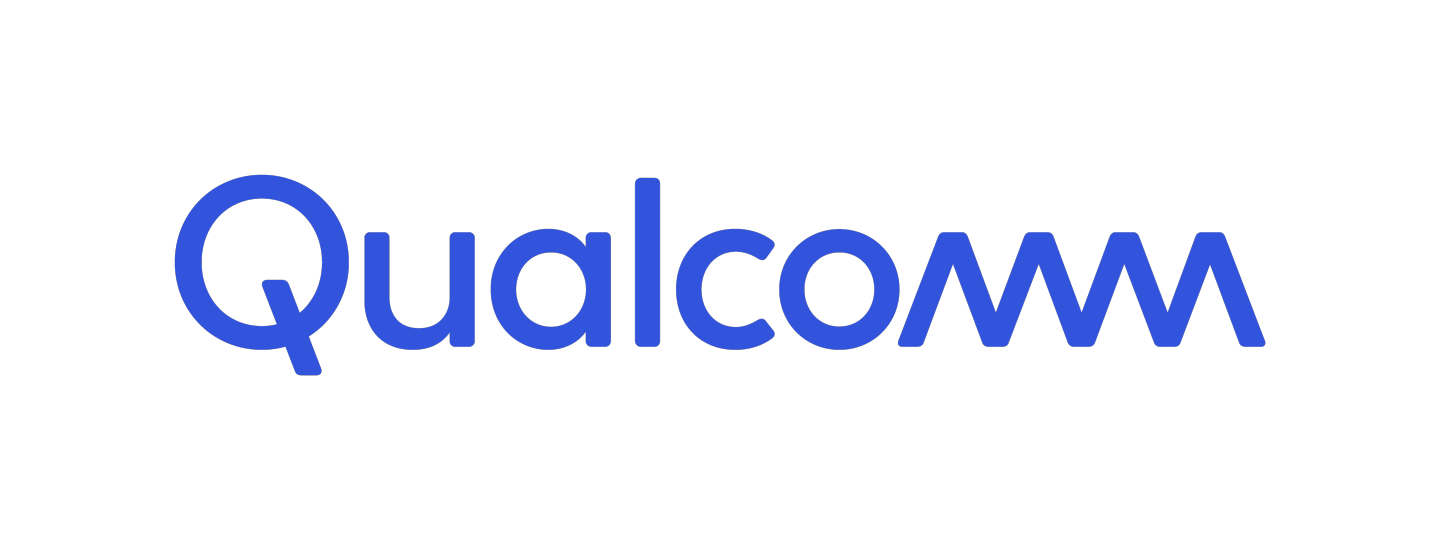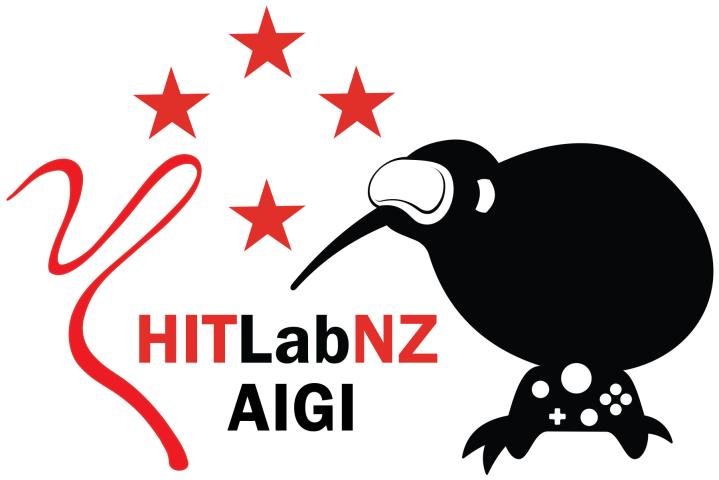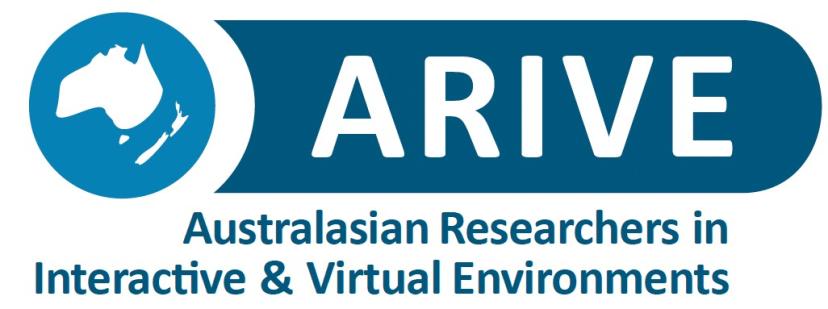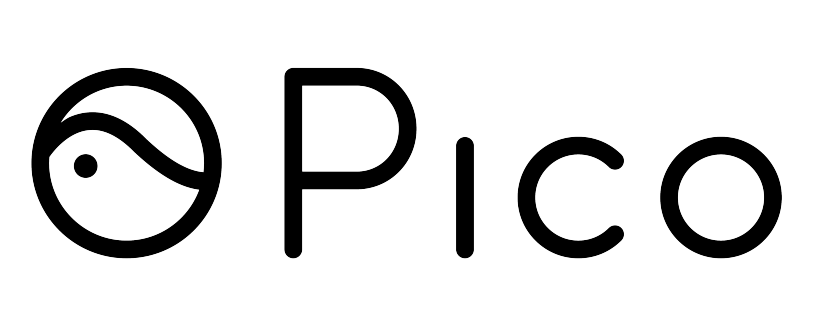
Call for Journal Papers
IEEE VR 2022: the 29th IEEE Conference on Virtual Reality and 3D User Interfaces
12-16 March, 2022, Virtual
http://ieeevr.org/2022/
Important Dates
- September 1, 2021: Abstracts due (REQUIRED)
- September 6, 2021: Submissions due
- October 29, 2021: Notification of first review cycle results
- December 3, 2021: Revised paper submissions due to second review cycle
- January 7, 2022: Final notifications
- January 22, 2022: Camera-ready material due from authors of accepted papers
Links
- Both abstracts and complete papers must be submitted electronically through PCS: https://new.precisionconference.com/~vr
- All VR Journal Papers submissions must be formatted using the IEEE Computer Society TVCG journal format described at https://tc.computer.org/vgtc/publications/journal/
Overview
IEEE VR 2022 seeks original, high-quality papers in all areas related to virtual reality (VR), including augmented reality (AR), mixed reality (MR), and 3D user interfaces (3DUIs).
Inquiries contact: journalpapers2022 [at] ieeevr.org
Submission Guidelines
Paper abstracts and complete papers must be submitted electronically through PCS: https://new.precisionconference.com/~vr
Each research paper should provide a validated contribution covering one or more of the following categories: methodological, technology, applications, and systems.
- Methodological papers should describe advances in theories and methods of AR/VR/MR and 3DUI, such as ethical issues, theories on presence, or human factors.
- Technology papers should describe advancements in algorithms or devices critical to AR/VR/MR and 3DUI development such as input, display, user interaction, or tracking.
- Application papers provide an important insight to the community by explaining how the authors built upon existing ideas and applied them to solve an interesting problem in a novel way. Each paper should include an evaluation of the success of the use of AR/VR/MR and/or 3DUI in the given application domain.
- System papers should indicate how the developers integrated techniques and technologies to produce an effective system, and convey any lessons learned in the process.
Each paper should include an evaluation of its contributions, such as user studies, benchmarking and/or comparison with existing systems/techniques/methods. We appreciate that due to the COVID-19 situation, in-person user studies may not be possible to perform in the necessary timescale for submission. We encourage authors to think about other ways to validate their contribution, such as qualitative studies with fewer users, expert reviews, online studies, etc. We encourage potential authors to engage the ongoing community discussions around these topics as they are common to many of us.
Further Details Regarding Submissions. We welcome paper submissions not exceeding 9 pages, excluding references. References may not exceed two additional pages. Continuing our cooperation with the IEEE Transactions on Visualization and Computer Graphics (TVCG), all accepted paper submissions will automatically be published in a special issue of IEEE TVCG. To meet TVCG standards, papers recommended for inclusion to TVCG will undergo a two-stage review process (see SUBMISSION DEADLINES below). Authors of papers that are determined to be acceptable to the journal subject to minor revisions during the first review cycle will be invited to submit a revised version for a second review cycle. Only papers that are accepted in this second cycle will appear in the journal issue. Papers that fail to pass the second round of reviews may proceed through further revisions to appear in a future regular issue of TVCG.
Review Duties for Authors. The increasing number of submissions for IEEE VR makes us all dependent on a large number of good reviewers who are willing to provide expert feedback and engage with authors on their work. To expand the reviewing pool and promote quality reviews, one author will be required to register to review up to three papers through PCS at the time of submission. Additionally, senior authors are encouraged to ask experienced junior authors to register in PCS to review papers, and then to mentor the junior author during the review process.
Ethics and Responsibility. All submissions describing research experiments with human participants must follow the appropriate ethical guidelines required by your institution, and authors are required to secure and report their approval by the relevant ethics committee. An approval by any ethical review board, if required by your affiliation, needs to be indicated via the submission system.
Conference Presentation. All accepted papers must be orally presented at the conference. We are actively monitoring the COVID-19 situation to determine if the in-person IEEE VR experiences will be safe as well as feasible due to international travel rules. We expect that travel restrictions will enable all authors to join us at the conference. In the case that the sanitary situation does not allow it, we will support authors to present their work remotely. There is also the possibility for authors of relevant previously published TVCG papers (accepted within the last year) to present their work at IEEE VR 2022. Interested authors should contact the program chairs for more details.
Abstract Submission. Note that a paper abstract must be uploaded five days prior to the actual paper submission deadline. This facilitates the process of assigning reviewers, as the review process operates on a very tight schedule.
Topics
IEEE VR 2022 seeks contributions in VR/AR/MR and 3DUI including, but not limited to, the following topics:
- 3D and volumetric display and projection technology
- 3D authoring
- 3D user interaction
- 3DUI metaphors
- Accessibility of immersive interfaces
- Audio interfaces and rendering
- Collaborative interactions
- Computer graphics techniques
- Crowd simulation
- Diversity and gender issues
- Embodied agents, virtual humans and (self-)avatars
- Ethical issues
- Evaluation methods
- Haptic interfaces and rendering
- Human factors and ergonomics
- Immersive / 360° video
- Immersive analytics and visualization
- Immersive games
- Input devices
- Locomotion and navigation
- Mediated and diminished reality
- Mobile, desktop or hybrid 3DUIs
- Modeling and simulation
- Multi-user and distributed systems
- Multimodal capturing and reconstruction
- Multimodal/cross-modal interaction and perception
- Multisensory interfaces and rendering
- Perception and cognition
- Presence, body ownership, and agency
- Scene description and management issues
- Software architectures, toolkits, and engineering
- Teleoperation and telepresence
- Therapy and rehabilitation
- Touch, tangible and gesture interfaces
- Tracking and sensing
- User experience and usability
Additional Submission Guidelines
All paper submissions must be in English.
Paper submissions must not have been previously published. A manuscript is considered to have been previously published if it has appeared in a peer-reviewed journal, magazine, book, or meeting proceedings that is reliably and permanently available afterward in print or electronic form to non-attendees, regardless of the language of that publication. A paper identical or substantially similar in content (in its entirety or in part) to one submitted to VR should not be simultaneously under consideration for another conference or journal during any part of the VR review process, from the submission deadline until notifications of decisions are emailed to authors.
In some situations, a submission may build upon prior work. In order to fully explain the relationship between the submitted paper and prior work, authors may upload additional papers as well as a non-anonymous letter of explanation that highlights the significant changes or advances; these materials will only be seen by the primary reviewer. Specifically, this treatment is applied to the following cases:
- non peer-reviewed works that are publicly available (on arXiv, as a technical report, etc.)
- non-archival publications presented in past IEEE VR conferences (posters, demos, etc.)
Submissions will be checked for plagiarism using IEEE Crosscheck. Detection of significant plagiarism will lead to rejection. For more information about definitions of plagiarism and IEEE policies in this area, please see the Introduction to the Guidelines for Handling Plagiarism Complaints and the IEEE Publication Services and Products Board Operations Manual.
IEEE VR uses a DOUBLE-BLIND review process. This means that both the authors and the reviewers must remain anonymous to each other. Submissions (including citations and optional videos) must not contain information that identifies the authors, their institutions, funding sources, or their places of work. Relevant previous work by the authors must be cited in the third person to preserve anonymity (exceptions were described above). Authors should work diligently to ensure that their submissions do not expose their identities either intentionally or through carelessness. Authors that have questions/issues around the double-blind submission policy should contact the program chairs.
Videos. Authors are encouraged to submit videos to aid the program committee in reviewing their submissions. Videos must be submitted according to the instructions on the submission website. Videos submitted with papers will automatically be considered for possible inclusion in the video proceedings (video submissions may also be made independently, as described in the separate Call for Videos). When submitted as supporting material, videos must be free of any identifying information prior to reviewing as per the double-blind submission policy. If accepted for the video proceedings, a revised version of the materials will be requested.
Submission Deadlines
Each deadline is 23:59:59 AoE (Anywhere on Earth) == GMT/UTC-12:00 on the stated day, no matter where the submitter is located. A convenient tool to see when AoE is for your local time is setting your location at 1 and Baker Island (which uses AoE) for: https://www.timeanddate.com/worldclock/meeting.html
- September 1, 2021: Abstracts due (REQUIRED)
- September 6, 2021: Submissions due
- October 29, 2021: Notification of first review cycle results
- December 3, 2021: Revised paper submissions due to second review cycle
- January 7, 2022: Final notifications
- January 22, 2022: Camera-ready material due from authors of accepted papers
Paper abstracts and complete papers must be submitted electronically through PCS: https://new.precisionconference.com/~vr
All VR Journal Papers submissions must be formatted using the IEEE Computer Society TVCG journal format described at https://tc.computer.org/vgtc/publications/journal/
Contacts
Journal Papers Chairs:
- Luciana Nedel (lead chair), Federal University of Rio Grande do Sul - UFRGS, Brazil
- Jeanine Stefanucci (TVCG liason), University of Utah, USA
- Ferran Argelaguet, Inria Rennes, France
- Daisuke Iwai, Osaka University, Japan
- Lili Wang, Beihang University, China





